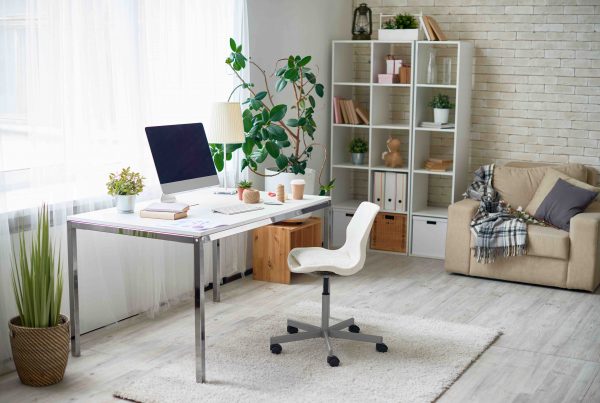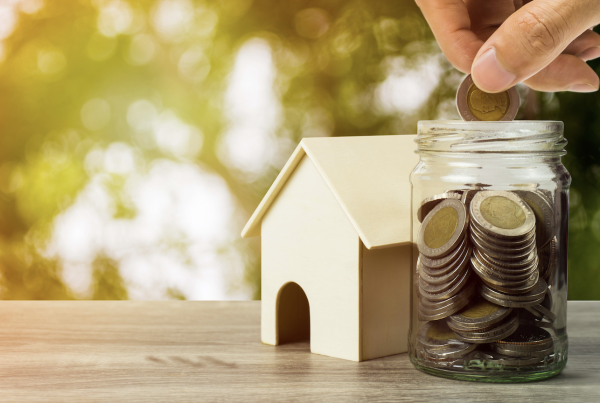If your vision of yourself as a first home-buyer is more about owning an investment property, rather than living in your own home, the best possible time to prepare is while you are still living at home with your parents.
Be realistic
Look at your income and the fixed costs in your life that can’t really change, then come up with a realistic savings goal. To help yourself work towards a clear goal, talk to a mortgage broker about what size loan you could afford to take on, based on your income, and stick to looking at properties that are within that price range. If you don’t want to wait too long – or just don’t want to over-commit – choosing a property that is less than your borrowing power is a smart idea. By aiming lower, you could be able to save for the required deposit in record time – even if that means your first investment in an apartment in a regional centre, rather than a major city.
There are lots of investment opportunities with the potential for solid returns over time and by working towards goals that don’t feel beyond your reach, you could enjoy a new status as a property investor sooner than you think.
Rent-free benefits
If you are in the fortunate position of living at home rent-free, the good news is that most lenders will still factor in a nominal amount of rent in your application. What this means is that, when they add up your income and expenses, they will include several hundred dollars per month as a rental expense – even if your parents don’t charge you any rent.
The precise amount that will be applied in the lenders’ calculation will depend on the lender and if you are buying with a partner who is also enjoying rent-free living, it adds another potential variable.
Get a clear assessment
With an upfront assessment from an experienced mortgage broker, you will have a clear idea of what you may be able to borrow – and how much your repayments will be. Because mortgage brokers have strong relationships with a wide variety of lenders, they may be aware of special deals related to your unique circumstances, such as deals available to specialised industry sectors, or loans geared towards people who had previous credit history issues.
Investment properties are a positive stepping-stone
Letting go of the idea of living in your own first home can be a hard thing for some people but by opening your eyes to the potential benefits of owning an investment property while still living at home with your family, you can generate a helpful secondary income, or build equity without the stress of too many outgoing costs.
Is rent money dead money?
For potential investors who can’t live at home with family, renting while building an investment property portfolio is a workable strategy also. Again, by talking to a professional home loan broker, you can be given a realistic overview of your financial position, what deposit you will need and what price range of properties are the best match with your borrowing power.
To help you decide whether your first home purchase should be one you live in or one you invest in, explore these pros and cons:
Pros of buying a first home to live in
- Access to grants and concessions. Depending on your eligibility criteria, you may be able to benefit from access to substantial grants that will help boost your deposit. You may also be able to benefit from land tax concessions.
- Enjoying the personal touches. Owning your own home means that you’re free to decorate, upgrade and renovate your property. Living in your own home means you don’t need the permission of a property manager (or your parents) to make repairs or improvements. You are also free to enjoy pet ownership without asking for permission first.
- Owning your own home offers stability. As a rental tenant in someone else’s property, how long you are allowed to stay is up to your landlord – and the lease they offer you.
- Exemption from capital gains tax. When you upgrade and sell your primary place of residence, you don’t have to pay capital gains tax – something you can’t avoid if selling an investment property.
Cons of buying a home you live in
- Less opportunities for tax exemptions. Although owning your own home enables you to avoid capital gains tax, property investors have more potential to access tax exemptions and deductions related to upgrades to your property.
- No income potential. Unless you make the decision to rent out some part of the property, owning a home you live in will only deliver you cash on the day you sell it (and, depending on the price you get versus your debt, that isn’t guaranteed!).
- Where you can afford to buy to live to have easy access to the lifestyle you want, may not offer the best capital growth. Sometimes, buying a property at a lower cost in an up-and-coming area as a property investor can produce far better returns, long-term, than being locked into a bigger mortgage in an area that may not climb in value as quickly or dramatically.
Purchasing your first property is a big decision and also a complex one. Doing your own due diligence and research – by consulting with trusted financial specialists, such as accountants, mortgage brokers, or even financial planners, can help you appreciate the bigger picture and make informed choices to suit your own financial goals.
Although there is a lot to be said for entering into the property market at a young age, it is also important not to rush before you’re really ready. By taking the time to educate yourself, you will make a positive choice that could help lay the foundations for a secure financial future.
To talk to a mortgage broker about choosing the best home loan for you, call our team at Lending Specialists today.










